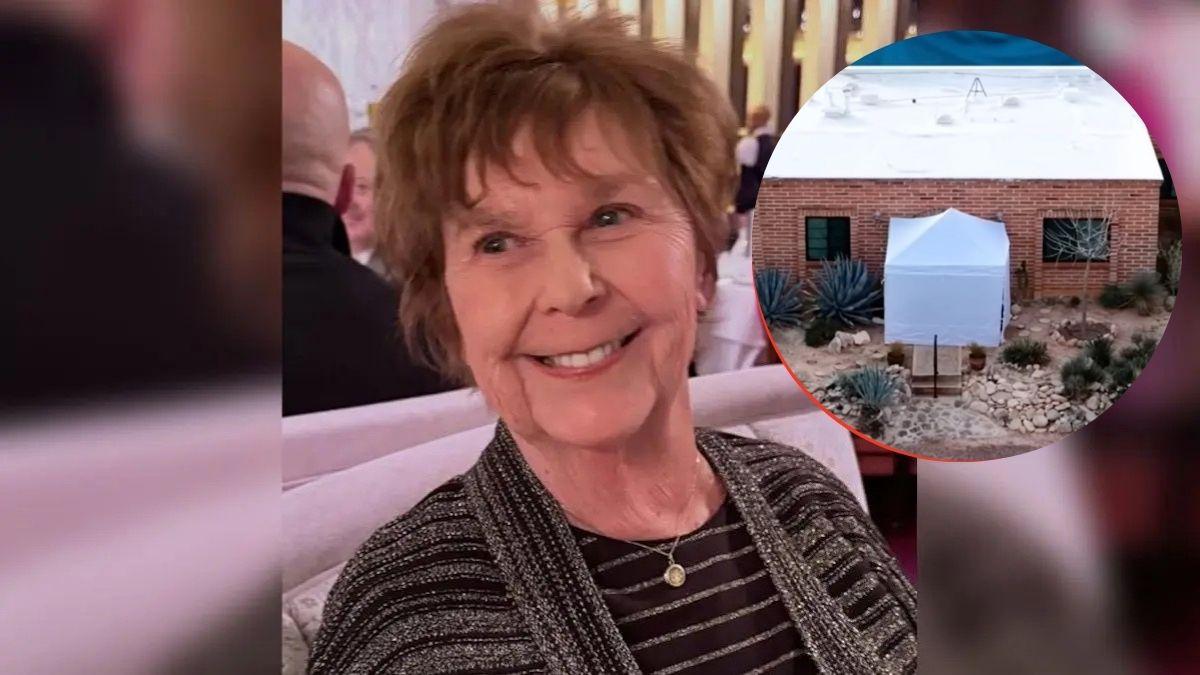Meds, Meltdowns & Alzheimer's! Frank Sinatra's Manager Tells All On Sad Final Days
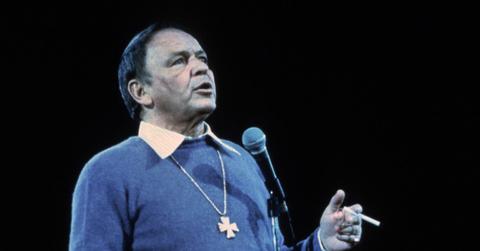
Oct. 24 2017, Updated 1:07 p.m. ET
Frank Sinatra will forever be known as one of the greatest artists that ever lived — having achieved the nickname, 'The Voice'. But despite his popularity, Sinatra was mostly a private man having only a select few confidantes who knew anything about his personal life. Among them — his long time manager Eliot Weisman. In his book: "The Way It Was: My Life With Frank Sinatra", Weisman tells all on the late legend's sad final days. Click through to find out about Sinatra's bizarre antics in the years leading up to his death.
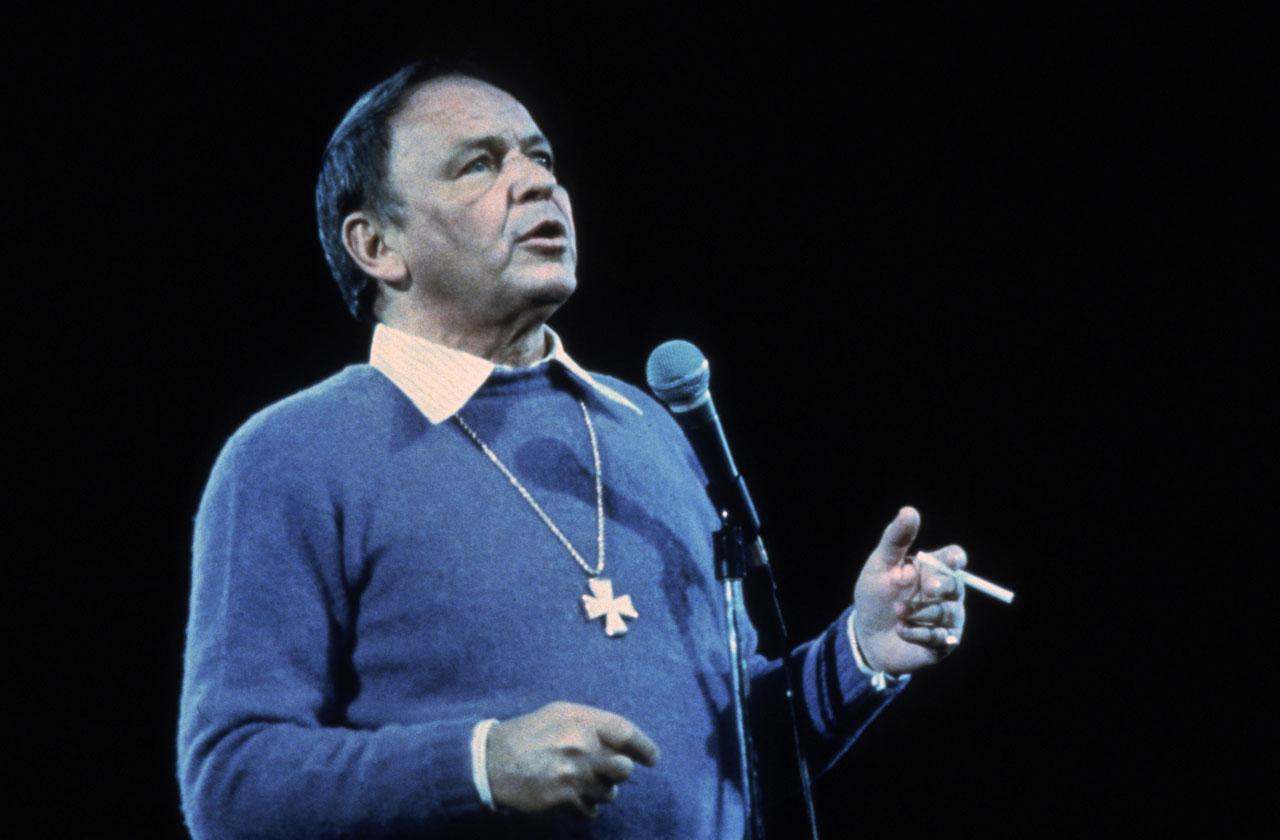
Frank Sinatra will forever be known as one of the greatest artists that ever lived — having achieved the nickname, 'The Voice'. But despite his popularity, Sinatra was mostly a private man having only a select few confidantes who knew anything about his personal life.
Among them — his long time manager Eliot Weisman. In his book: "The Way It Was: My Life With Frank Sinatra", Weisman tells all on the late legend's sad final days.
Click through to find out about Sinatra's bizarre antics in the years leading up to his death.
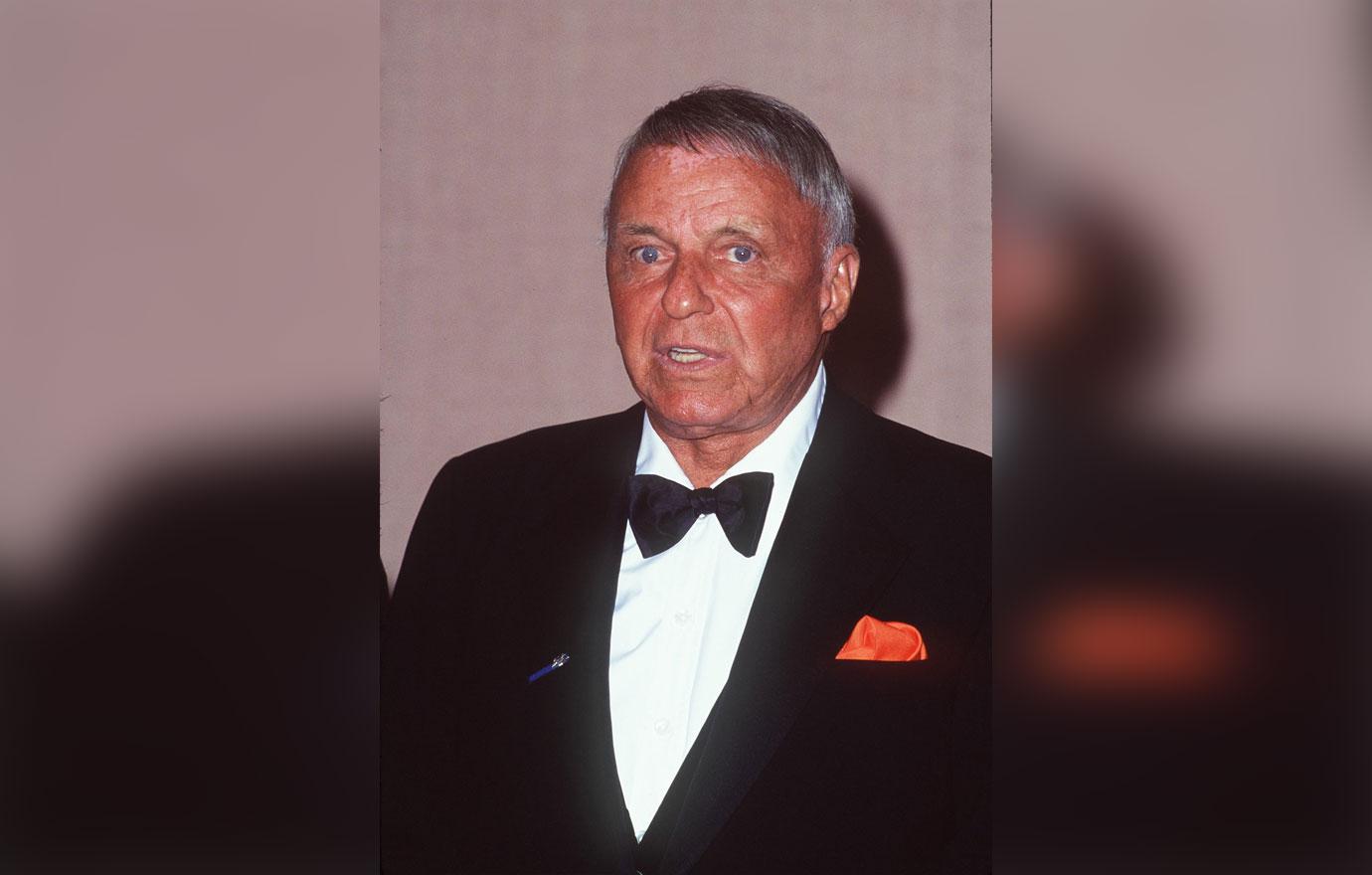
Sinatra reached a point to where many thought he was too old to make a final album. He would persuade himself that he was unable to do it. "Frank would go into the studio for a couple of days, nothing would come out of it. He would learn a song or two and then not go back."
His longtime friend and bodyguard, Jilly, didn't even think Sinatra would be able to create a new album.
"They're wasting their time." Jilly said. "He's not going to remember new lyrics. I told all the morons at the record label to get big stars to sing their favorite Sinatra songs with Frank."
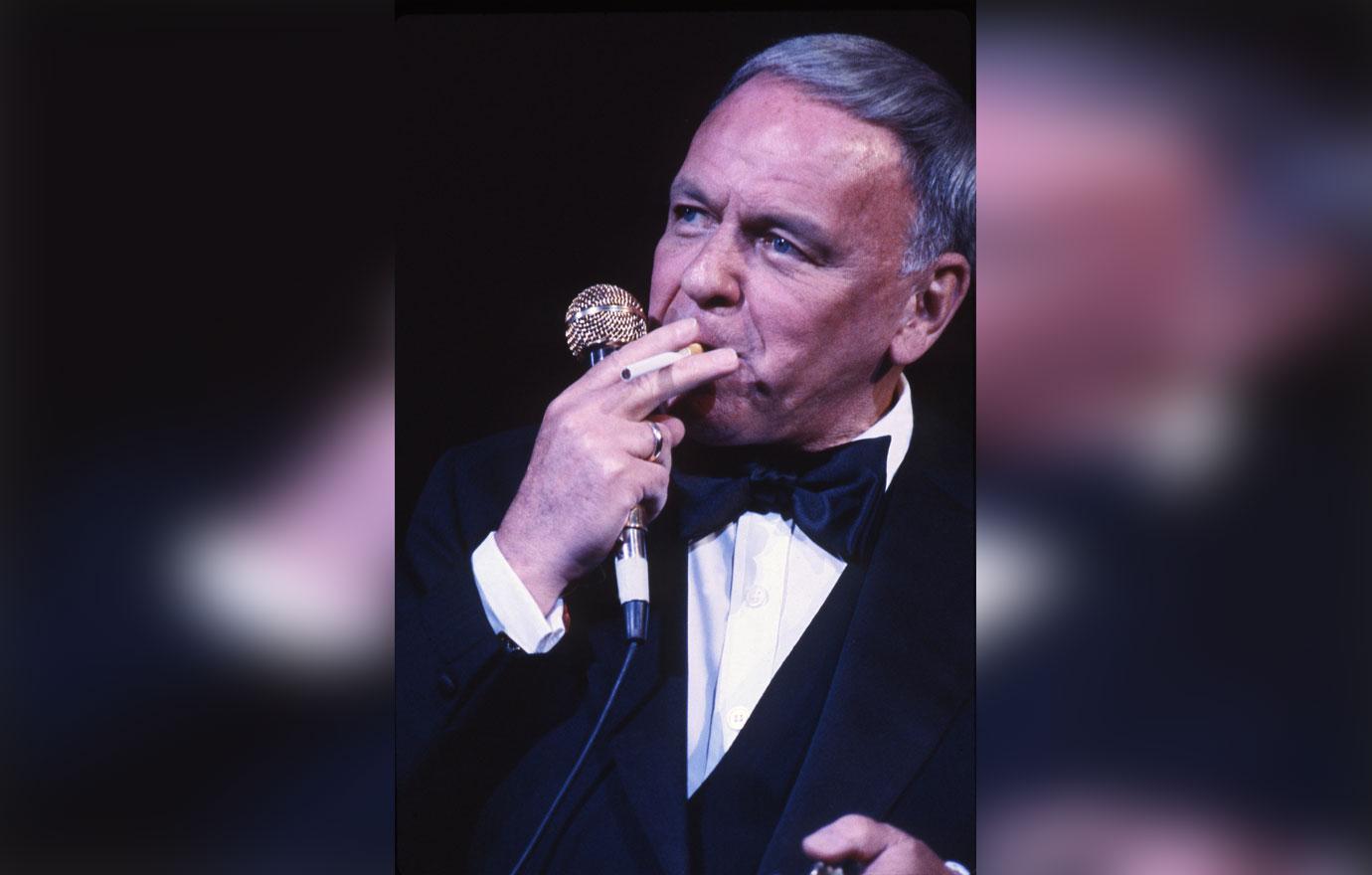
During a period when Sinatra was visiting Germany, he would have a conversation with Weisman about doing a quick recording session for his new album. Sinatra would soon forget ever having that conversation.
"He knew that those closest to him were concerned about his memory loss, and as I've said, at times he used that to his advantage," Weisman recalled. "I believe he remembered our recording session — we had just talked about it at the hotel in Germany — but he wasn't going to make it easy on me. I decided then and there that pressing the issue would only make things worse. I felt that familiar knot in my stomach, but I changed the subject. I would have to wait for another time."
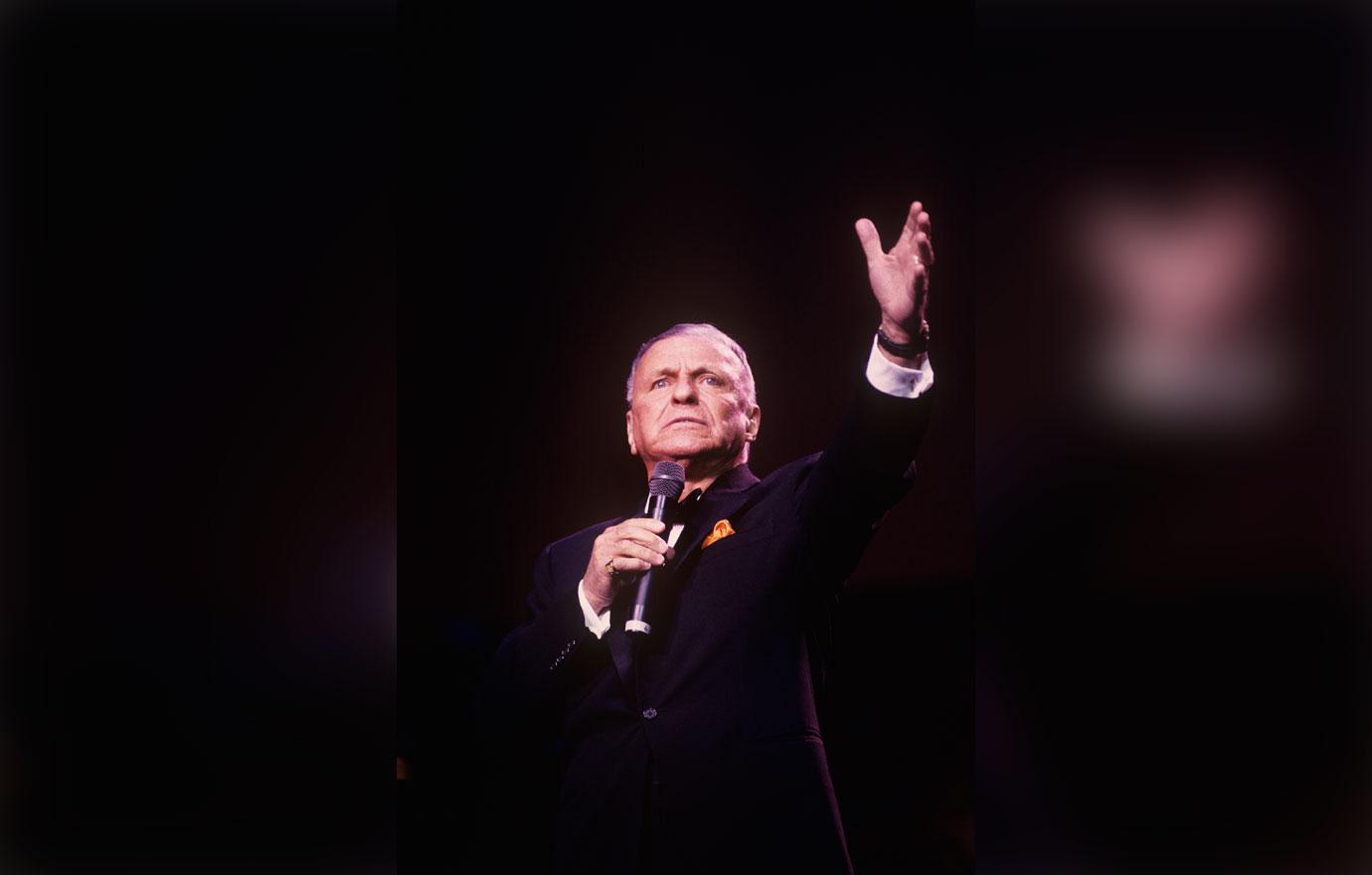
Sinatra was known as a man with very little fear. Weisman described the time where Sinatra's plane had one less engine, and the singer still insisted on taking off. But when it came time for him to end up in the studio again — creating his final album — Sinatra had fear and refused to sing.
"I escaped upstairs to a lounge, hoping that if Sinatra had no one to complain to, he would just sing. High stress sometimes led me to smoke, a habit I had not yet completely kicked. I sat down and lit up a cigarette. I was alone, waiting for an all-clear from Vine to go into the studio. That never came. Within fifteen minutes the Boss was looking for me."
"When I returned to the studio I could see he was nervous. Worst of all, he could find no more excuses, or so I thought. Sinatra pointed to his throat.
'It's bothering me,' he whispered. 'I can't sing.' "
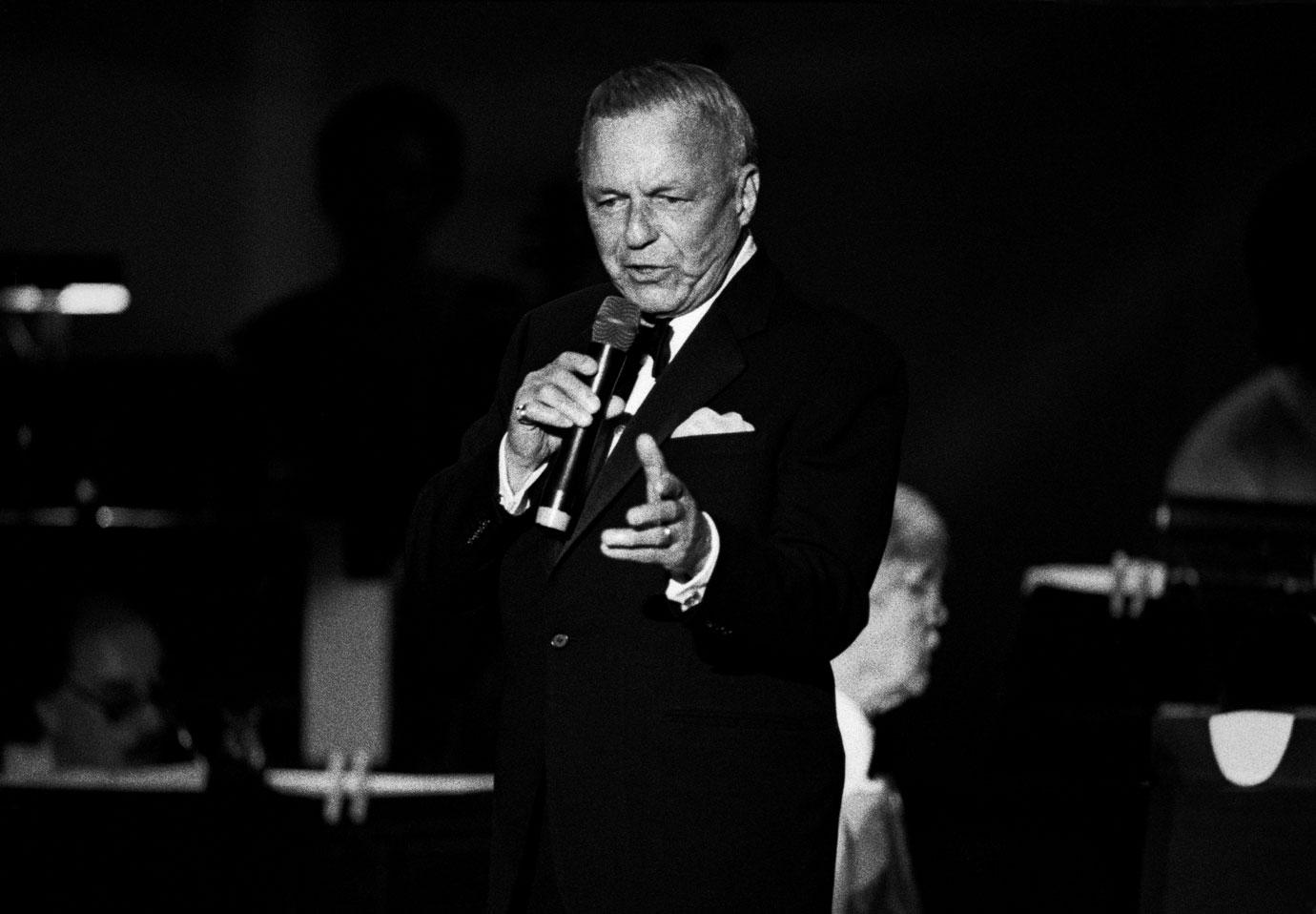
"The Sinatra, who made powerful men weak in the knees, though, wasn't there that day. I saw it in his eyes. In a way, I couldn't blame him; I wouldn't want to compete with myself as a young man either, much less compete with Sinatra as a young man. Still, I knew this could work, particularly with his unique style of singing."
Weisman had no choice but to call the one person who he believed could make Sinatra sing — his wife, Barbara Sinatra.
"I don't know what we are going to do, Barbara. He's not singing ," Weisman pleaded. "We're going to head to La Dolce Vita again."
Barbara knew how to talk to him and told Sinatra if he was going to go in with that attitude, he might as well just quit. Those words summoned Sinatra the courage to sing and create his last album.
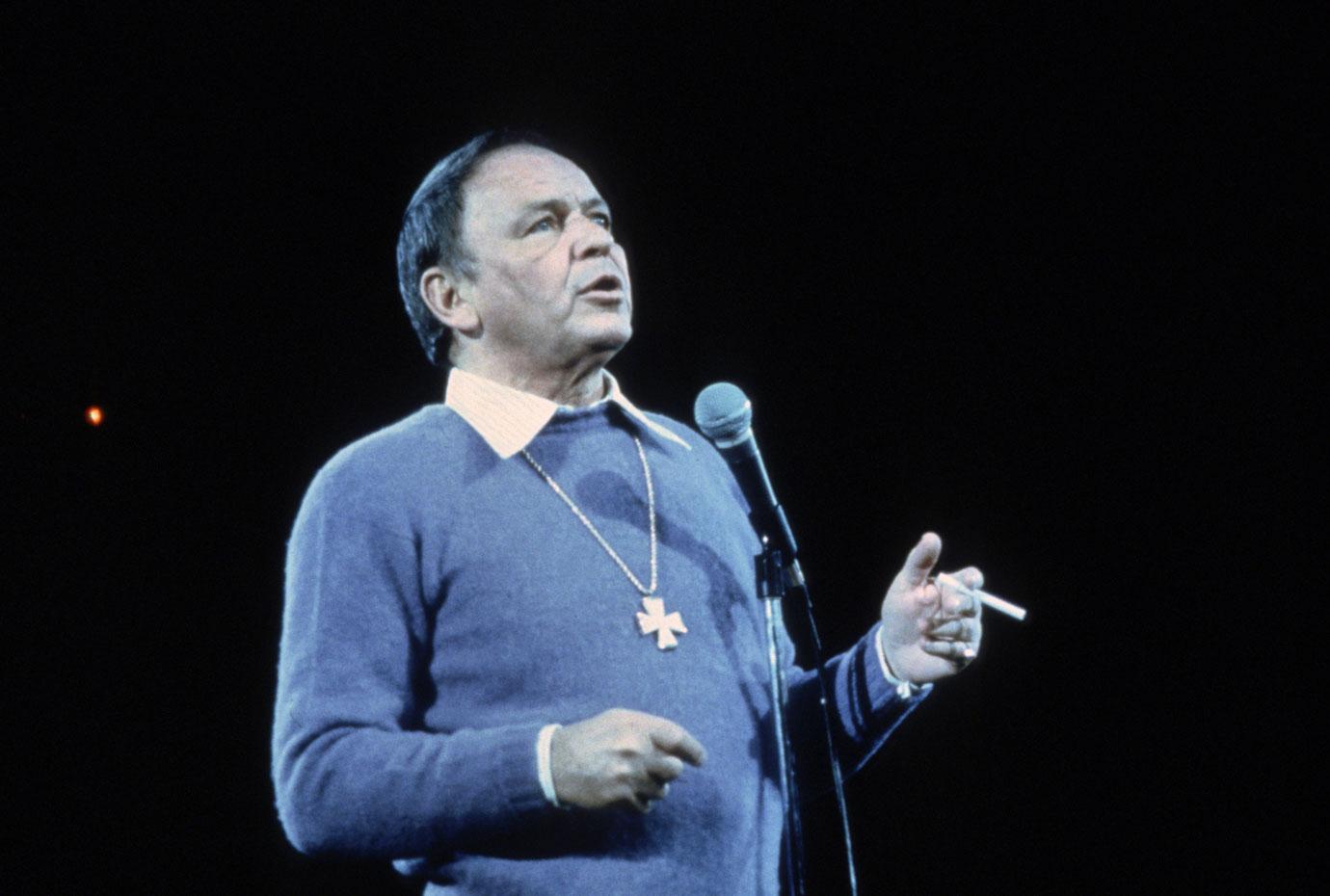
After Sinatra finished recording his final album, he would launch his tour and appear on several television interviews to promote his songs. One time in particular, Weisman recalls the singer had a meltdown and started making bizarre remarks to the audience, asking if they loved him. Weisman would be quick to tell television executives to go to commercial break.
"He was becoming increasingly sentimental. When Sinatra became sentimental you never knew what was coming next. He might start talking about Ava or Nancy. I didn't know what he would say, but I couldn't stand by and let him melt down on live television."
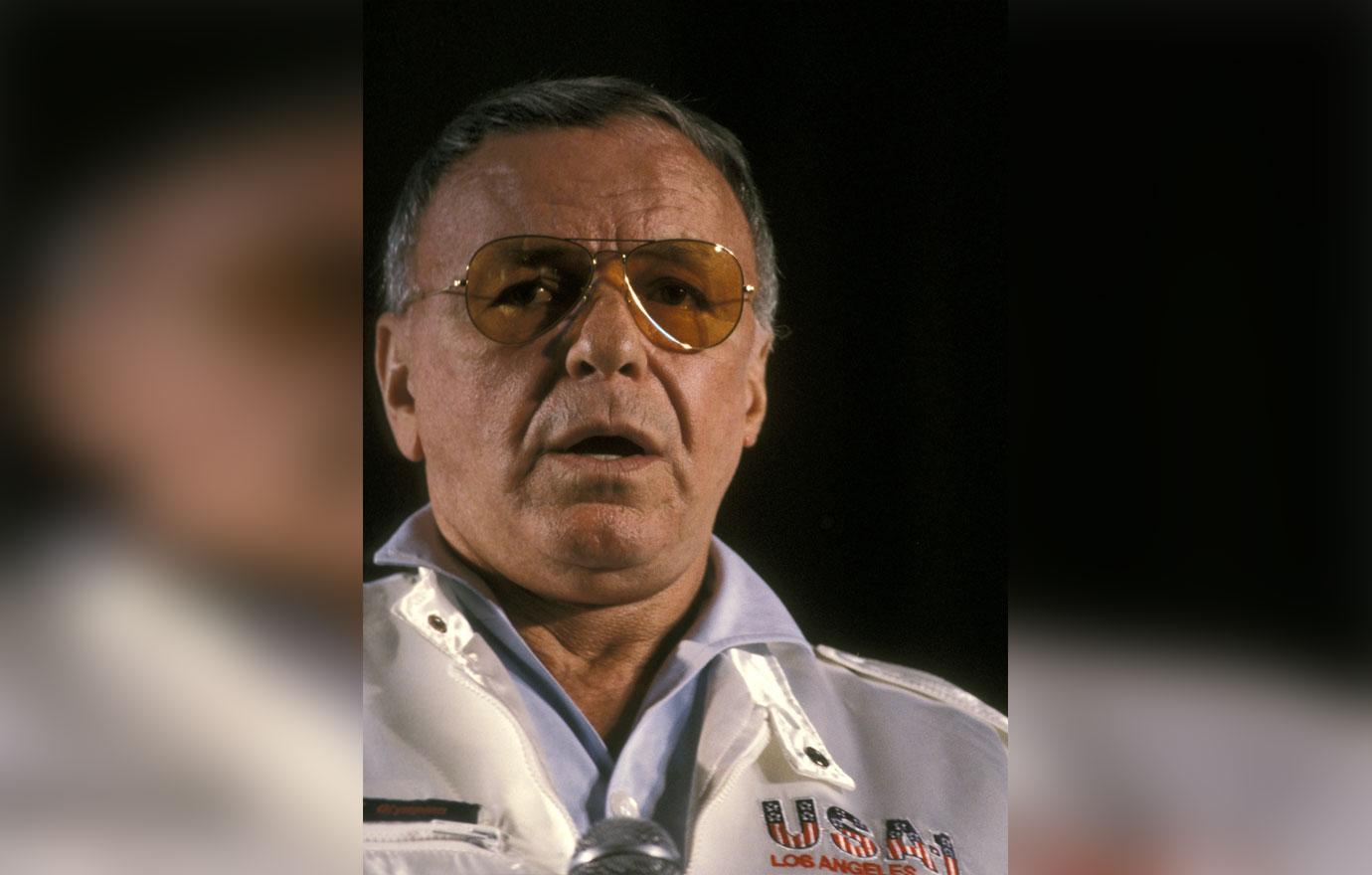
As Sinatra was caught forgetting lyrics, media speculated he had Alzheimer's. While Weisman denied this was true, he revealed a freakish incident with Sinatra that terrified him.
"The New York tabloids were increasingly rough with speculation that he had Alzheimer's. While that speculation was wrong, I was always so busy trying to keep things together that at the time I rarely reflected on the importance of some of the occurrences," Weisman said. "Except for one that frightened me. "
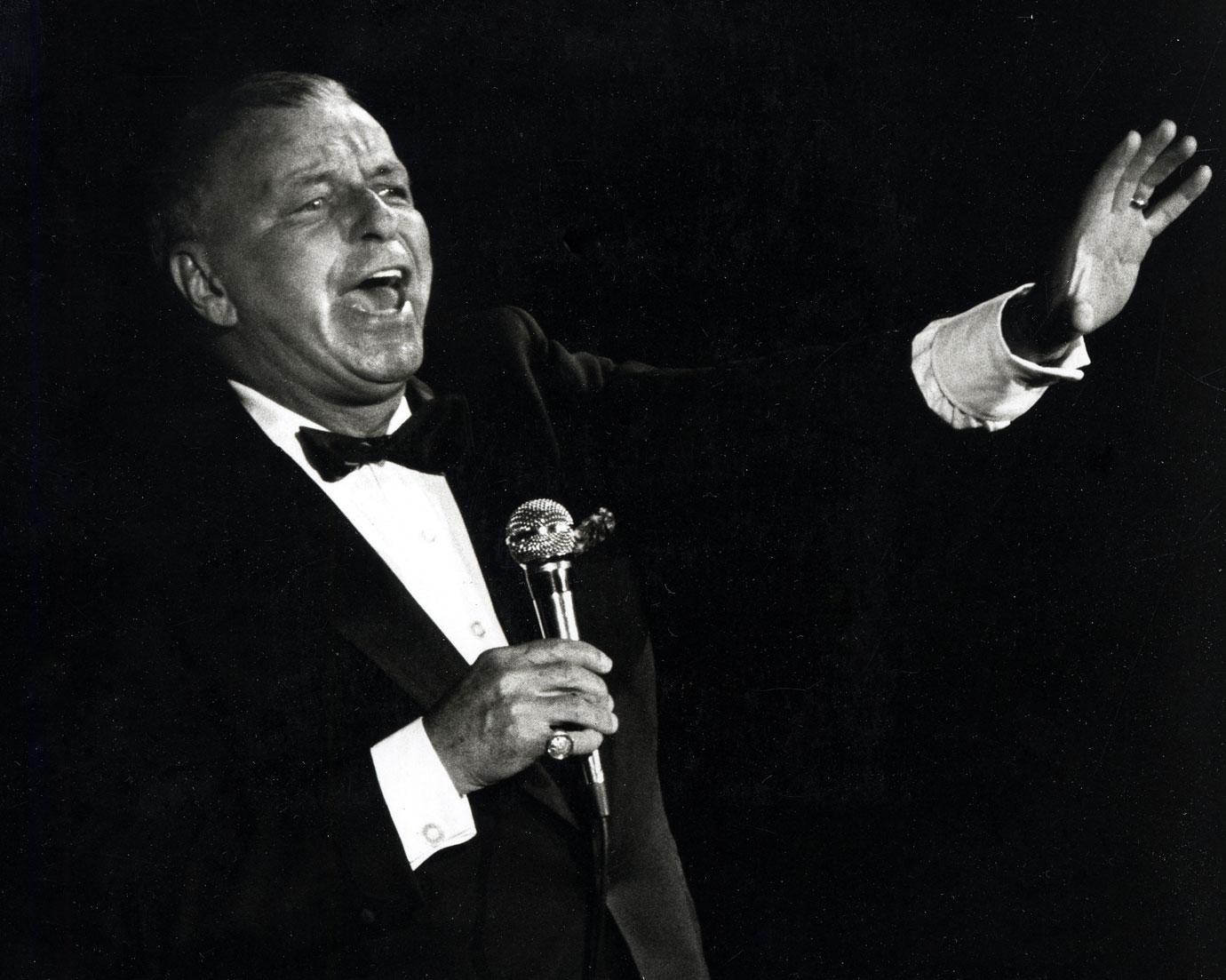
"We were in Atlantic City and Vine who was in charge of the venue Sinatra was performing at knocked on my door to say I needed to come across the hall. She had a look of disbelief on her face. 'He's at the dressing table. Go over and take a look,' she said."
"I didn't know what to expect. I walked in the outer dressing area of the hotel bathroom and saw Sinatra standing there holding his toupee in his hand. He was trimming it with a small pair of cuticle scissors."
"'You can't believe how fast it's growing,' he said."
"I wasn't prepared. I didn't think. I just blurted it out."
"'Are you f**king crazy?' I said. 'That's you're toupee. Do you know how much that costs? Stop and maybe I can have it fixed.'"
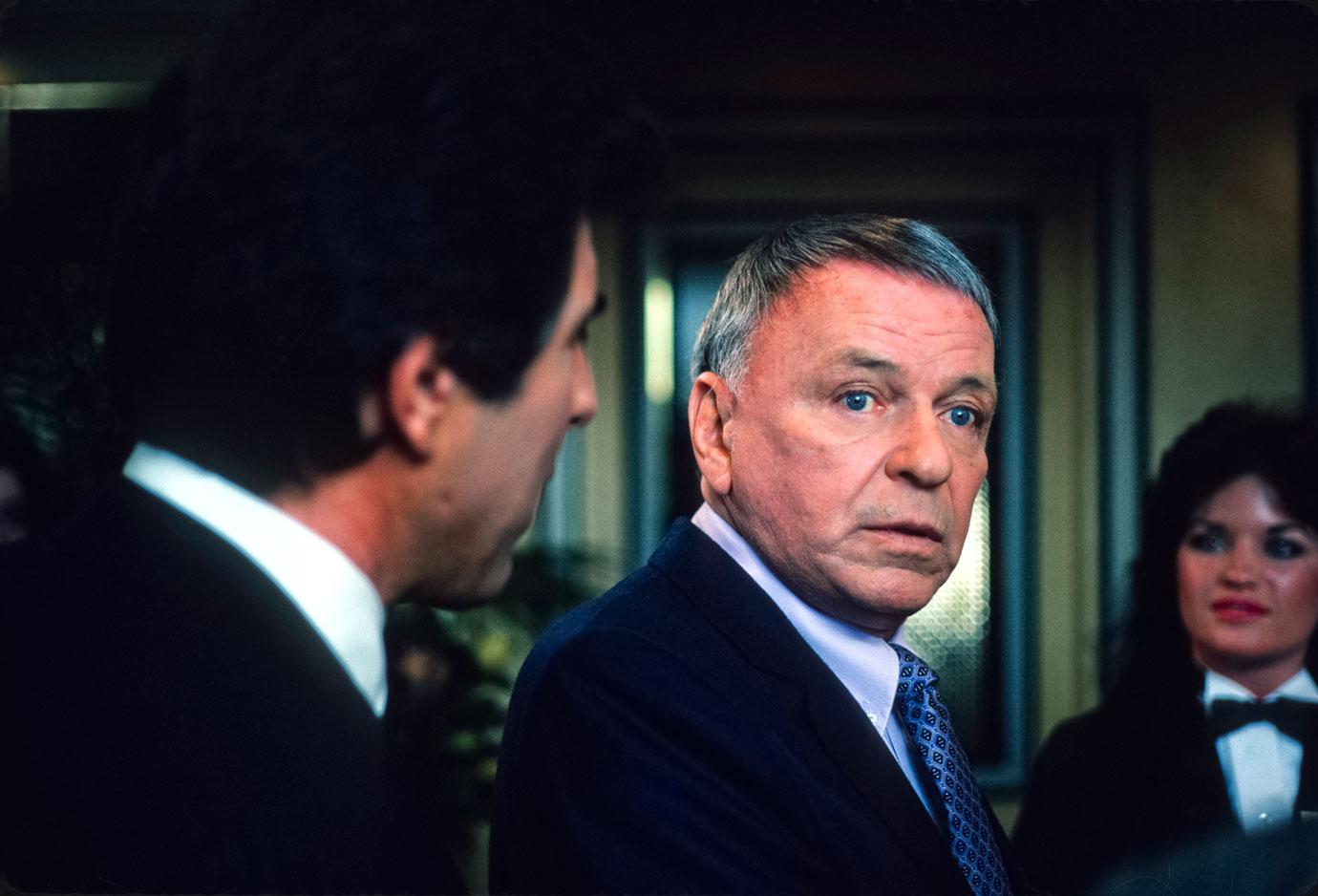
"I saw the look on his face and immediately felt horrible. He looked so crushed and vulnerable. In that moment, he wasn't a megastar, but an elderly man. I wished I had kept my mouth shut."
Sinatra's state of health was deteriorating. During a show in Baltimore, his doctor — Dr. Piccione — came along.
"At one point, in August 1994, Dr. Piccione came on the road with us," Weisman wrote. "Sinatra had a particularly bad show in Baltimore, where he forgot more lyrics than usual."
There would be an intervention.
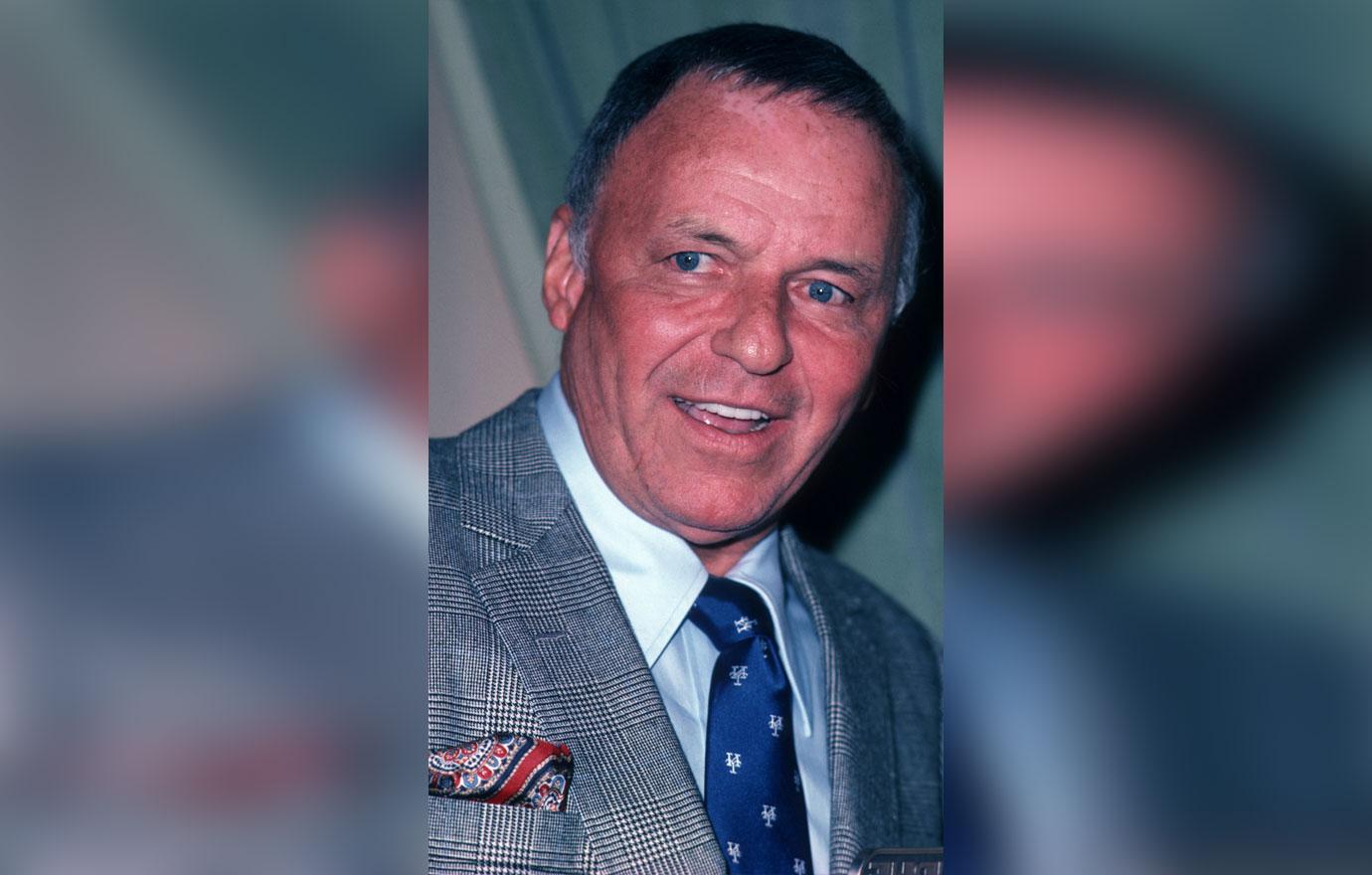
"'Boss,' I said. 'The medications you're on are beginning to affect your performance.'"
Dr. Piccione spoke with him and Sinatra agreed to make a switch off his anti-depressants medication, Elavil. A medication Sinatra had been on for years.
"He started to weep," Weisman admitted. "My heart broke yet again."
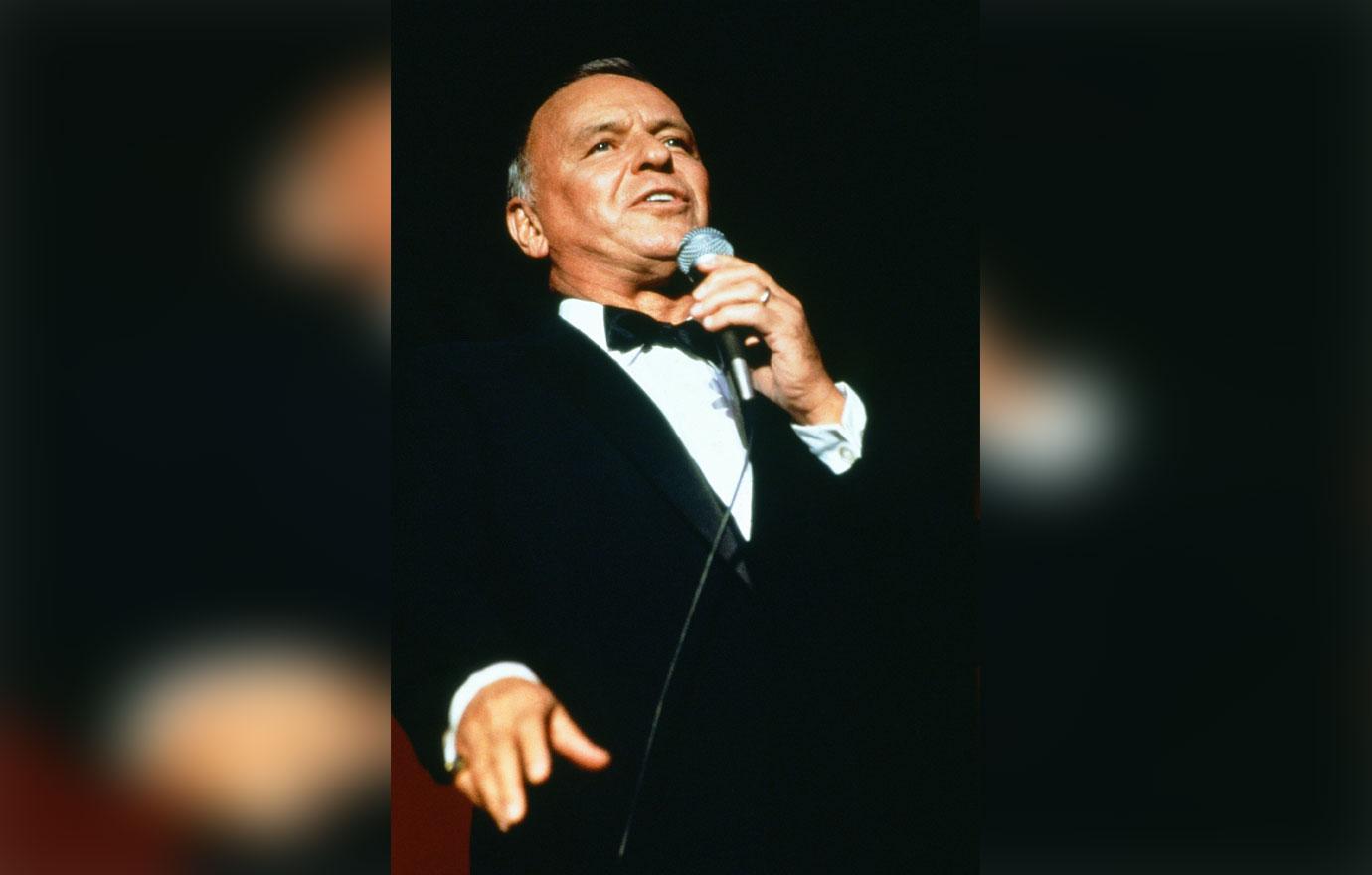

Despite all of his sad decline, Duets II was released to much fanfare. Duets had sold seven million copies; Duets II would sell close to 3 million.
"Impressive numbers for an artist in the final years of a six-decade career," Weisman boasted.
But by the time he finally ended his tour in Japan, Sinatra was at his absolute worst.
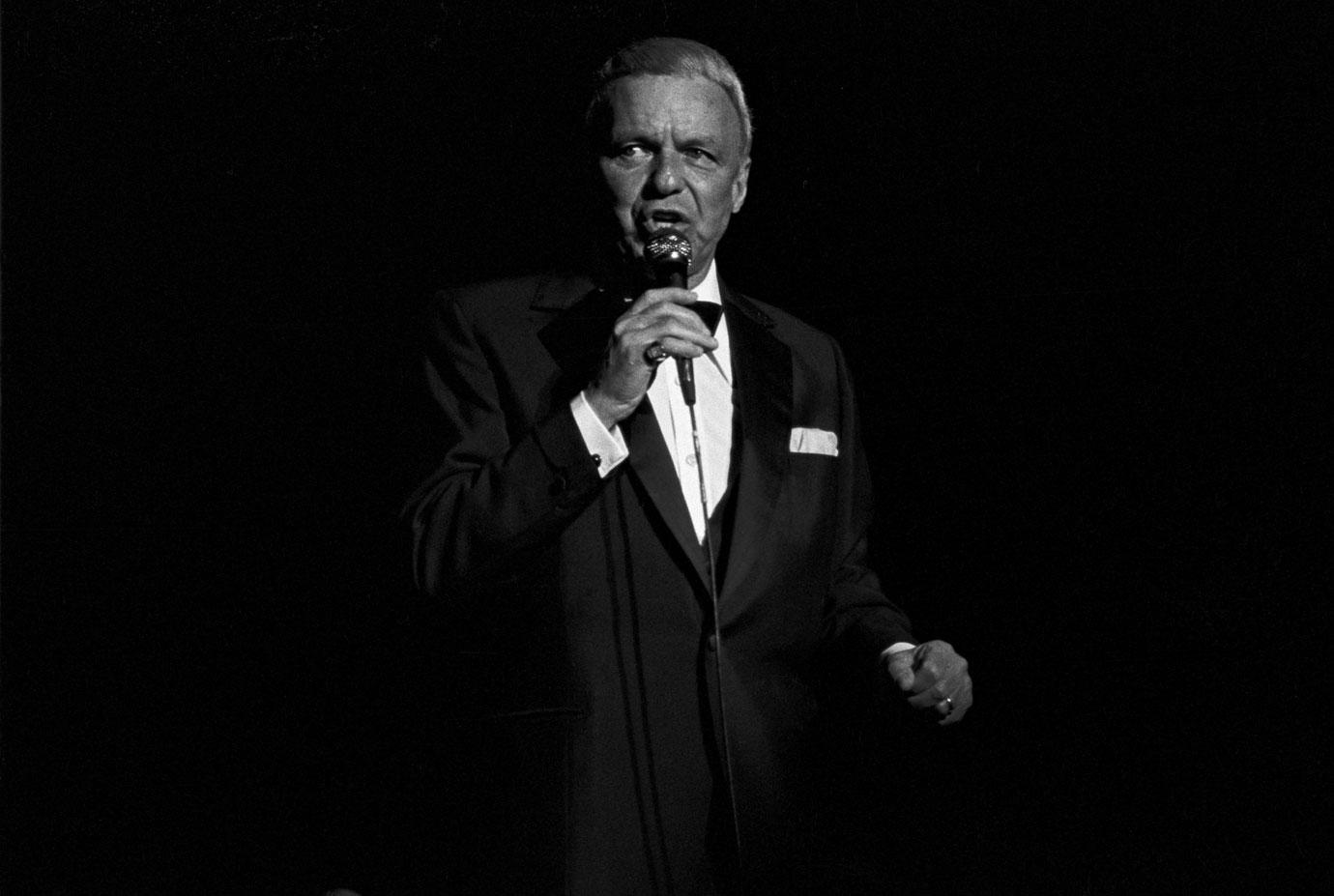
"By the night of the first performance, Sinatra seemed lost and discombobulated. He was spacey. I'm not entirely sure he knew we were in Japan," Weisman recalled.
"The tele-prompters were operating but he still struggled with the lyrics. While he had forgotten lyrics in the past, usually a few words here and there, this night he forgot entire chunks."
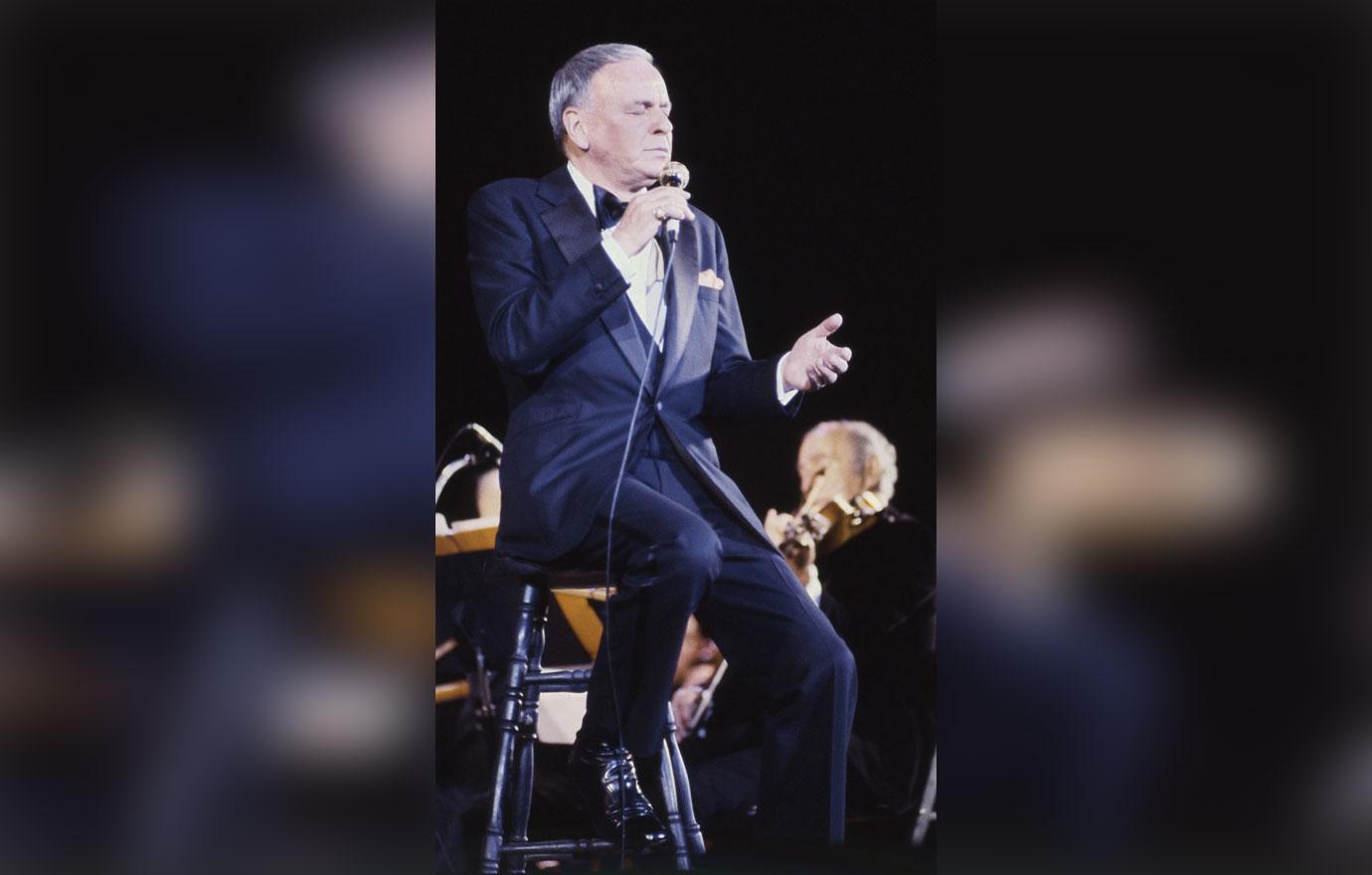
Following the end of his tour peforming what would be his final album, Sinatra would dedicate the last two years of his life to his family.
Sinatra died on May 14, 1998. He was 82.
Weisman's book hits shelves October 24.
We pay for juicy info! Do you have a story for RadarOnline.com? Email us at tips@radaronline.com, or call us at 800-344-9598 any time, day or night.
